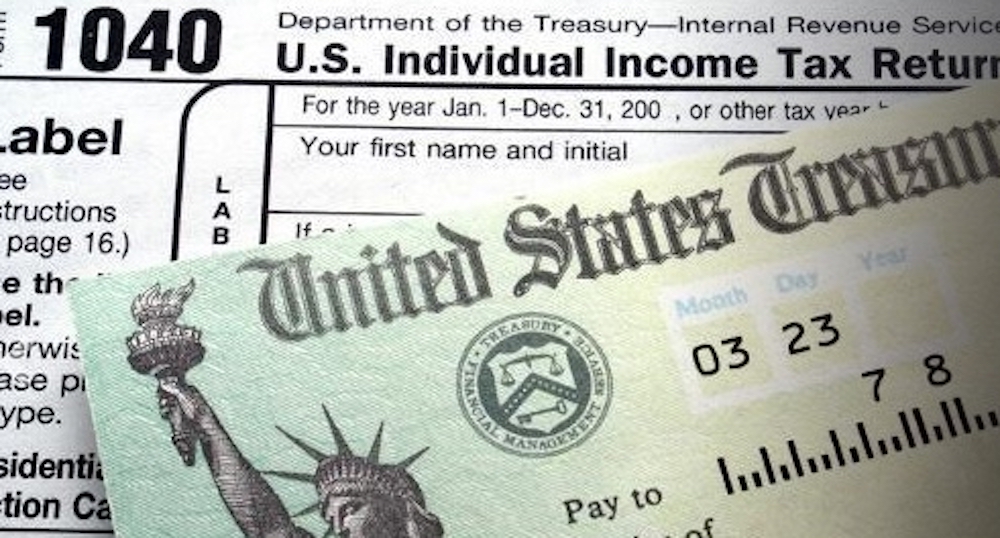During a pandemic, it always feels dark. Many future unknowns await us. But we can learn from an unknown Jewish prisoner who penned this line in a poem he wrote within his concentration camp cell.
Login to read more
Sign in or create a free account to access Subscriber-only content.
Topics:
